All About Micronutrients: Vitamins and Minerals
Vitamins - what pops into your mind first when you think of vitamin K or iron? Supplements? A multivitamin? Fruits and vegetables?
Whatever your initial thoughts are, this blog is designed to explain how to best approach the concept of supplementation (representative of clinical application of nutrition science and nutrition therapy) and how our nutrient status can affect our health. Additionally, the hope of this post is to get you thinking about the world of supplements and become a more educated consumer on the topic to ultimately make informed decisions on what you elect to supplement or put in your body.
Let’s first dive into what a “supplement” is and what they are designed to do.
A supplement is designed to…well, supplement an individual’s diet based on the conclusion that they either 1) Have increased needs relative to their current status or 2) Have a suspected underlying deficiency that needs correcting. Both of these statements are rather broad, which is a good thing! You really want to speak with a medical provider to ensure that you are not over-supplementing ($$$ - which can be costly as well!) and that you are being assessed for any potential micronutrient deficiencies. One example is the assessment of Vitamin D status in populations living above the 40th latitude. Vitamin D is synthesized by the sun (who doesn’t love a nice, sunny day?) and via the diet from various food sources. Because populations living above this latitude often are subject to gray skies and limited sunny days throughout the year, they might be screened more often than those not living in these areas relative to the knowledge we have regarding the formation and synthesis of the active form of Vitamin D - suggesting a potential need for supplementation.
Another example of where supplementation might come into play is during periods of rapid growth. Pediatric patients are screened and assessed regularly for evaluation of adequate growth and development, including assessment of diet and relative intake status of - you guessed it - fruits and veggies! If a pediatrician or healthcare professional might suspect that relative to their needs their patient might not be getting enough, a supplement or dietary modification could be suggested to attempt to boost up their intake relative to their needs.
In the adult population, this also occurs with screening for malnutrition, limited food availability (locations where produce is limited, also known as food deserts), socioeconomic impact on ability to obtain adequate food for themselves and/or family, and certain medical conditions and diseases. In a clinical setting, a Dietitian, Physician or Registered Nurse might assess a patient’s nutritional status by asking a few pointed questions to screen for any red flags with someone’s ability to obtain nutritious foods or if their intake does not match their estimated needs. In this case, dietary intervention is always the first plan of attack (if possible) with support as needed of vitamin and mineral supplementation. Another scenario that an individual might need supplementation or alternative forms of a vitamin or mineral is when following a very restrictive diet which could include vegetarianism or veganism. We have talked about this before (as in the world of athletics the plant based approach is gaining traction), but if you are currently or if you might be thinking about following a specific diet plan including the ones mentioned here make sure to consult your medical provider team to determine what dosage and types of supplements you should be taking (*often these supplements include iron, vitamin B12 and potentially calcium, zinc, vitamin D and folate but can include others depending on your current status and evaluation by your medical provider).
Relative to these scenarios, the specific populations that vitamin and mineral supplementation are often recommended is in those that have an impaired ability to consume a balanced and healthy diet relative to their needs. Most adults (if following a balanced diet full of colorful fruits and vegetables) are likely meeting their needs via diet alone. This can be a tricky statement though because oftentimes with the SAD (Standard American Diet) this can cause an issue with relative intake of foods in this “diet” and nutrient composition. Comparing an apple to a french fry is not necessarily the goal here, but overall the promotion of a diet full of variety (including fruits and veggies!) is promoted again and again for a reason. It’s important to prioritize balance relative to health in general, but also relative to what the body needs to function.
The bottom line is the supplements can be a major benefit for those who are unable to meet their needs via diet alone but ultimately a focus on dietary intake is the first line of attack when preventing any potential micronutrient deficiencies over time.
If you have any questions or concerns relative to your current dietary practices make sure to consult a medical professional and get the answers you need to continue your own healthy habits!

